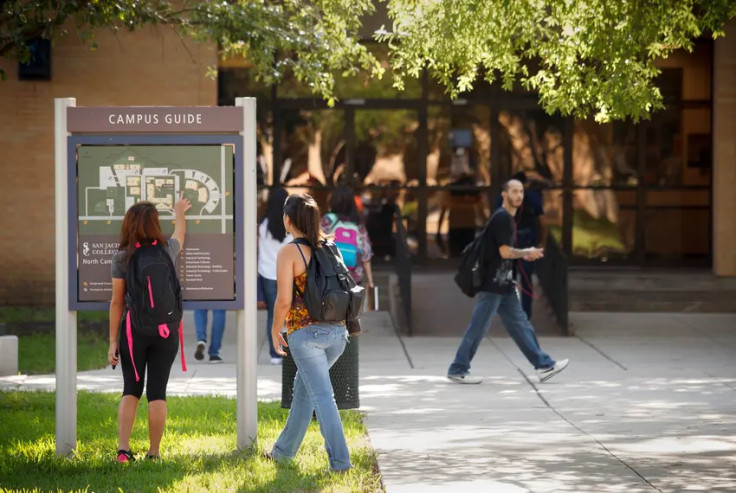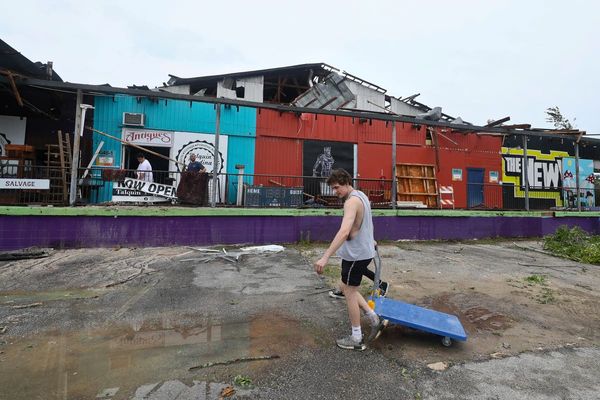
NEW YORK CITY - Amid the closing or defunding of Diversity, Equity and Inclusion (DEI) programs in higher education over the last year, Hispanic-Serving Institutions are now reporting extensive facility and digital infrastructure needs, a new study by the U.S. Government Accountability Office (GAO) shows.
Based on GAO's survey, an estimated average of 43% of Hispanic-Serving Institutions' building space needs replacement. Deferred maintenance backlogs, damage from natural disasters or severe weather and facility modernization needs are the main reasons for this, the Office argues.
Hispanic-Serving Institutions, or HSIs, are colleges with an undergraduate student enrollment that is at least 25% Hispanic. In the school year 2021-2022, over 2 million Hispanic students attended these types of schools, which were located in over 28 states including Puerto Rico, Florida, Texas and California.
GAO's report also reveals that HSIs have an average deferred maintenance backlog of almost $100 million. Further, an estimated 77% of HSIs have at least one deferred maintenance project that addresses a health or safety issue.
Some of these infrastructure needs can be attributed to natural disasters, which an estimated 65% of these schools have encountered in the past 5 years, GOA reports.
Looking at their digital needs, HSIs are met with a whole different set of challenges. Those related to internet access and connectivity, cybersecurity and hybrid learning methods are prevalent in these types of institutions.
GAO estimates that at roughly a third of HSIs, 10% of students cannot reliably connect to the internet off-campus either because they cannot afford an internet connection or they lack an appropriate device. Similarly, most HSIs (an estimated 74%) have also experienced a cyber attack within the previous 5 years.
This study comes at a time when DEI efforts, which sought to drive higher opportunities and fair access to minorities, are coming under scrutiny across the country, particularly Republican and conservative lawmakers. They claim that these programs are discriminatory and attempt to solve racial discrimination by disadvantaging other groups, particularly White Americans.
In Texas, for instance, since the establishment of an anti-DEI law, the state's flagship, UT Austin, has enrolled just enough Latinos to qualify as a Hispanic-Serving Institution. A university that qualifies under this category is eligible for additional federal money that is unaffected by state laws and is not confined to be spent only on Latino students.
Critiques about these new laws have also rolled, with opponents arguing that they further marginalize minorities.
"Demographically, the nation is going in the other direction," Antonio Flores, president of the Hispanic Association of Colleges and Universities, told NBC earlier this month. "Maybe what is undergirding all of this is the unfounded fear that some of the folks who have been historically monopolizing the positions of power are fearful they are going to lose that. They need to make room for the populations that are emerging."
© 2024 Latin Times. All rights reserved. Do not reproduce without permission.







